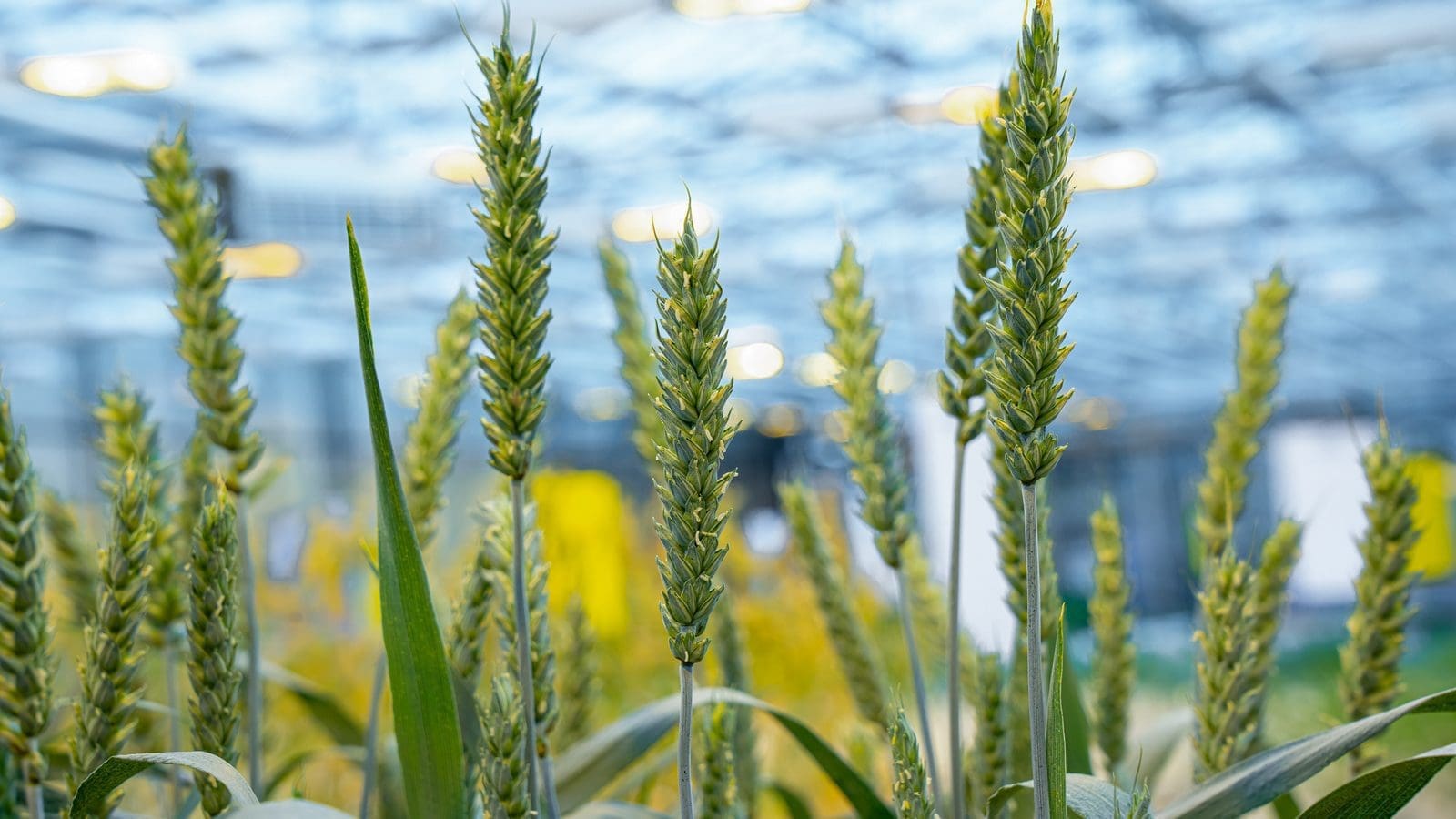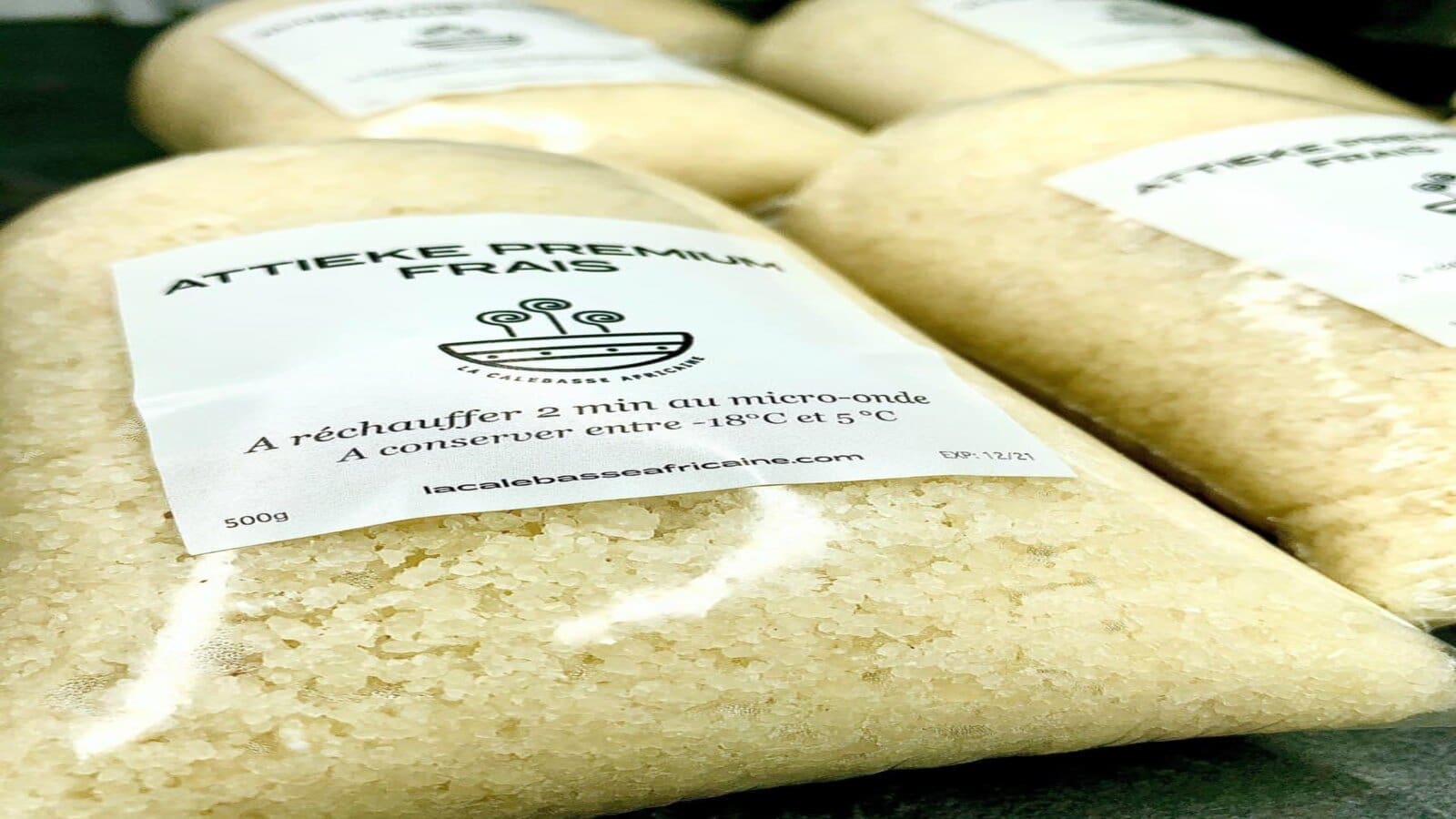USA- BASF recently announced a cessation of its activities in hybrid wheat seed development in North America due to poor trial results.
BASF Plant Science, a subsidiary of the Germany-based BASF, was working to develop hybrid wheat seeds in various parts of the world, including North America.
However, last month the company said it would be cutting 2,600 jobs due to rising costs and weak earnings, including its North American hybrid wheat developers.
“Despite the tremendous efforts of our team of experts, the results of our North American trials have not achieved the development goals we set to meet the needs of growers in Canada and the United States,” BASF said in a letter to stakeholders.
BASF’s announcement shocked and disappointed US and Canadian wheat growers and processors, who know the positive impact that research activities in hybrid wheat have yielded.
As global wheat supplies tighten due to climate change and the war between two of the world’s biggest wheat producers and exporters, Russia and Ukraine, finding ways to maximize wheat yields and produce seeds resistant to drought and disease is critical.
Hybrid wheat production remains one of the solutions that the industry could employ. However, it is an expensive undertaking, and many firms cannot do it profitably.
According to Jane DeMarchi, president of the North American Millers’ Association (NAMA), hybrid wheat is a complicated technology that makes creating this seed economically challenging.
“Hybrid wheat represents a technological breakthrough for wheat. Potentially, it can offer higher yields and better stability, and disease resistance, among other things. It’s been tried several times in the US, but companies have struggled to figure out how to do it economically,” she added.
Nevertheless, there is still hope for hybrid wheat production in North America as Syngenta remains in the marketplace, and now is closer to having a commercially viable product than its competitors.
Paul Morano, head of North American cereals for Syngenta, holds that the competition with BASF and other companies such as Bayer and Corteva, working to develop hybrid wheat varieties helped drive the sector forward.
“It sounds ridiculous to say this, but we’d prefer someone else be in that market, too, because it gives you people you can bounce things off of and gives confidence to the market that this is a viable product,” Morano said.
While Syngenta is the leader in the North American hybrid wheat seed market, Morano noted that profitably producing a quality seed, that is affordable for farmers, takes many years of trial and error and considerable patience.
For example, Syngenta has developed hybrid wheat since 2010, and some of its researchers have been at it for much longer than that.
He added that it might take 20 years to get to the point where 30% to 40% of the roughly 40 million acres of wheat in the United States are hybrid varieties.
Additionally, Morano provided that their seeds go through rigorous quality tests every year, with millers and bakers seeing no quality dips in the hybrid varieties as compared to conventional wheat.
BASF to continue hybrid wheat activities in Europe
While BASF has ceased hybrid wheat activities in North America, the company will continue its development programs in Europe, where most of the wheat grown is a higher-yielding soft variety.
Syngenta and Bayer also have development programs in Europe, where the market is very attractive for hybrid wheat developers because it is the predominant grain crop, is viewed as a higher-value grain, and is used much more in animal feed than in the United States.
“It is the leading crop in Europe,” Morano said. “You don’t have to stand behind the corn and soybean guys over there (like in the United States). The wheat yields there are so much higher than in the US.”
For all the latest food industry news from Africa and the World, subscribe to our NEWSLETTER, follow us on Twitter and LinkedIn, like us on Facebook and subscribe to our YouTube channel










